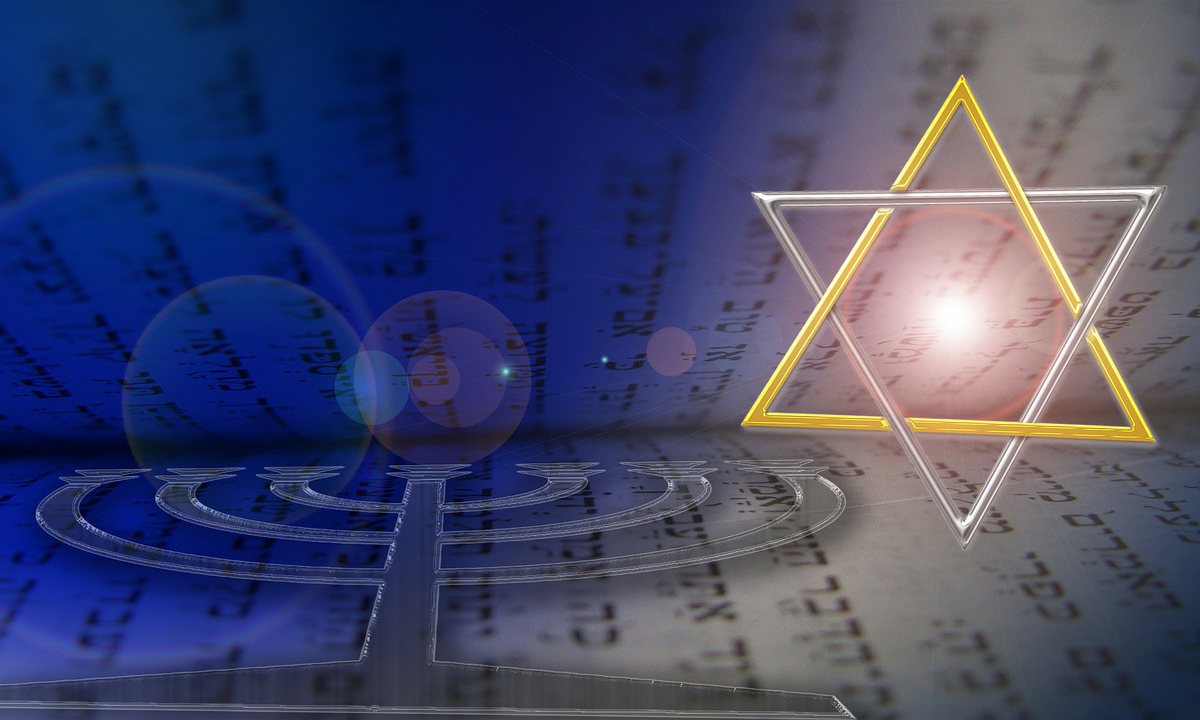Written by Mary Anne Wentink
Despite almost universal agreement that anti-Semitism falls into the same category as racism, sexism, and homophobia—all forms of bias to be unequivocally condemned by our community—anti-Semitism is on the rise on our college campuses. We’ve seen a number of truly horrendous attacks on our Jewish community nationwide, and even here in Poway.
House Speaker Nancy Pelosi (D-CA) lately substituted a generic statement against all forms of prejudice for a tough censure motion specifically denouncing anti-Semitic remarks and the congresswoman who made them. Despite public outcry, Pelosi doubled down by insisting that all types of prejudice were equally bad, and none should be singled out for special treatment. She’s wrong. Dead wrong.
Unlike the victims of other forms of prejudice, Jews seem particularly singled out for wholesale slaughter. This did not begin with Hitler and his Nazi movement. The Book of Esther in the Old Testament describes Haman’s plot to kill all Jews sometime in the 4th or 5th century BC. The Romans destroyed the Second Temple in 70 AD, killing thousands of Israeli Jews and forcing the expulsion of the rest. Following the rise of Christianity and throughout the Middle Ages, Jews were blamed for Christ’s crucifixion and regularly paid for their “crime” with deadly results.
Inquisition courts demanded their conversion or death at the stake. Russian pogroms (such as described in the musical Fiddler on the Roof) were government-approved riots targeting Jews for harassment, injury, and sometimes death up to the beginning of the 20th century. At various times under various rulers, Jews were sometimes welcomed only to be later robbed, murdered, or expelled. One Russian czar complained to one German ruler regarding Germany’s acceptance of its Jewish community and received the answer: “You destroy Jews your way, and I’ll destroy them with mine.”
Hitler orchestrated the killing of an estimated six million Jews. Stalin, believing that a new Jewish state might be socialist, voted for the partition of Palestine and the establishment of Israel, then launched a series of pogroms and purges that killed an unknown number of Jews. Islamic anti-Semitism predates the formation of Israel with roots dating all the way back to Mohammed, who famously murdered Jewish scholars whom he’d invited to speak with him under a promise of truce. The Quran acquits the Jews of Jesus’ death and accepts them as “people of the Book,” but also speaks quite disparagingly of them in many verses. During World War II, several Muslim leaders sided with Hitler, and most of today’s Islamists speak openly of their desire to see all Jews exterminated.
Anti-Semitism isn’t simply a call for a people’s subjugation, enslavement, or humiliation. It’s a call for their destruction.
But why? As can be seen from the above, the hatred of Jews predates both the death of Christ and the formation of Israel—the two events most frequently associated with anti-Jewish hatred. Today, Jews as a group suffer from more hate crime attacks than any other demographic. Why?
Throughout history, Jews have been famous for one thing other than their proud embrace of monotheism—their refusal as a group to fully assimilate within any non-Jewish society. They do not bow to the local god(s). They insist on special food and special clothes and refuse to work on Saturdays. They simply refuse to go along to get along, a crime in many societies.
As the ultimate non-conformists, they’d prefer to follow their own religion and traditions without any interference from the outside. Unfortunately, they’re all too visible. The special food and clothes and weekly work schedule of practicing Jews serve as a constant reminder to their neighbors that, however smart and philanthropic, the Jew is somehow different from everyone else. Different and therefore an obvious target for victimization. Again and again, the Jew has been singled out.
Bad as this is, it too often signifies something else: a general coarsening of attitude within the larger population. Unthinkable behavior becomes regrettable and then acceptable. If Jews can be stuck into concentration camps, so can Gypsies, homosexuals, Catholics and the “mentally unfit.” Today, many “social justice warriors” would describe Fundamentalist Christians as belonging in that last category and have already proclaimed that all who disagree with the politically correct thought of the majority require re-education or imprisonment. When such bigots win power, those in charge eventually realize that a bullet or cyanide capsule is cheaper than long-term incarceration or indoctrination programs. A fully socialized, secular society can even convince itself that “euthanasia” is a benefit to its victims.
Do you think it can’t happen here in 21st century America? It has been well-documented that many European Jews refused to leave their homes and died because they didn’t think such a thing could happen in 20th century Europe.
That’s why anti-Semitism still matters.





